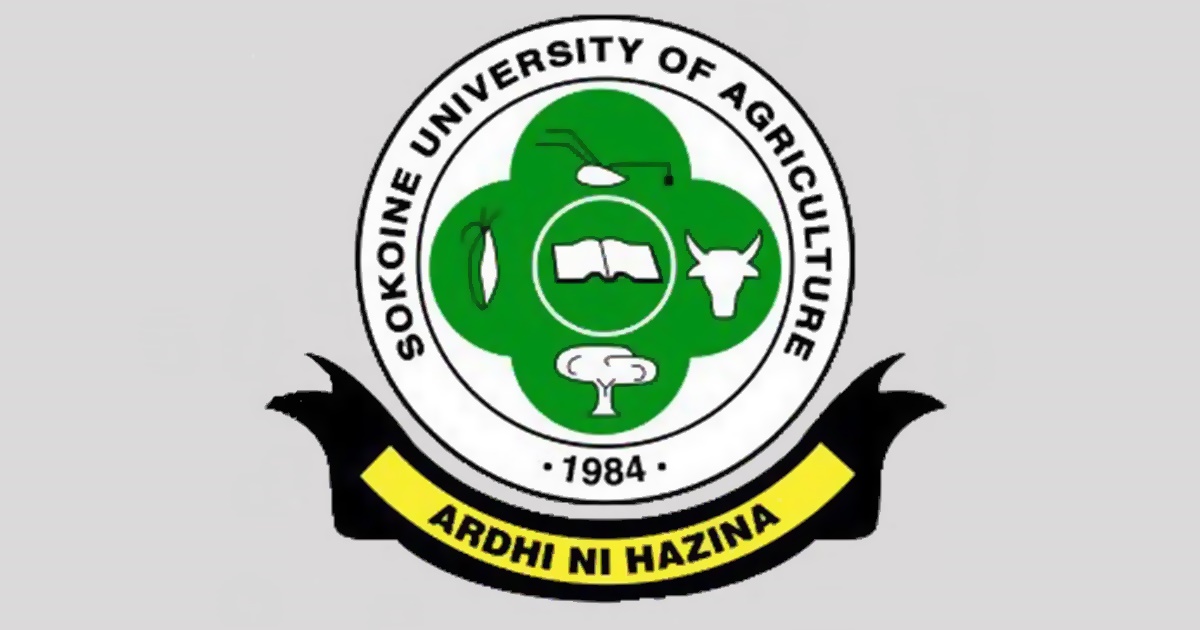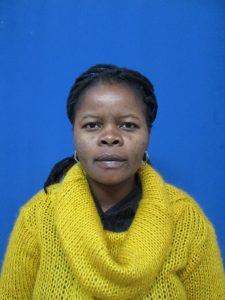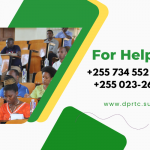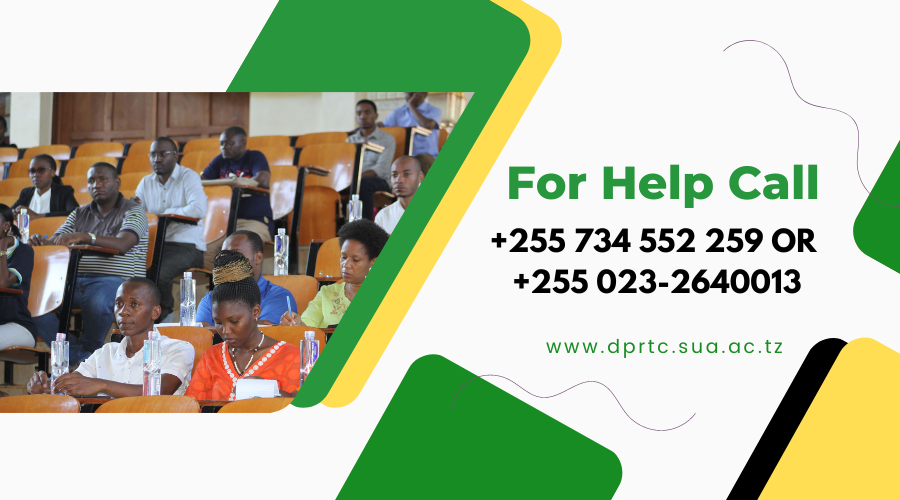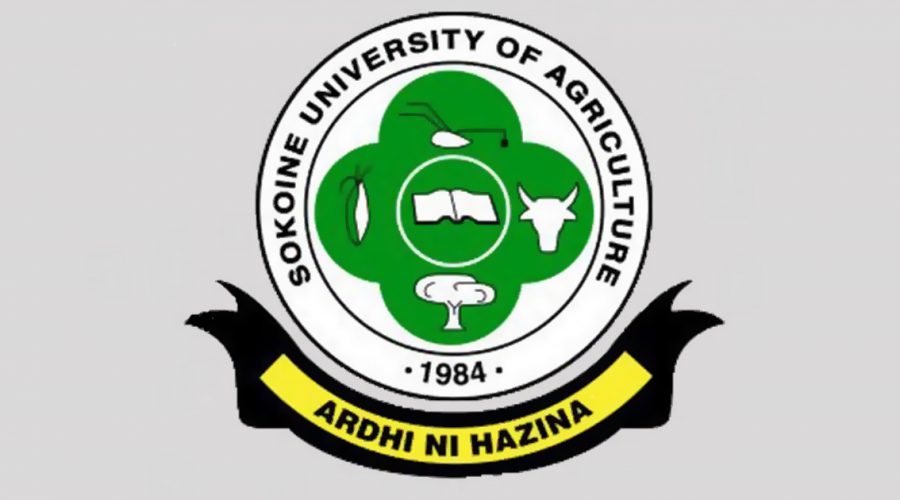Candidate: Regina Sanga
Regina is employed as an Assistant lecturer in Development Studies at Ruaha Catholic University, from December 2010 to date, in the Department of Humanities. She registered with Sokoine University of Agriculture (SUA) in November, 2015 to pursue PhD studies in the Department of Development Studies (DDS), College of Social Sciences and Humanities (CSSH).
Thesis Title: Conditional Cash Transfer and Women Empowerment: A Case of Selected Tasaf Projects in Chamwino District, Dodoma Tanzania
Supervisors: Prof. John N. Jeckoniah
Prof. Fatihiya A. Massawe
Date and time: 16th April, 2021 at 09:30 Hrs
Venue: Postgraduate Seminar Room
Mode: Face to Face/Online
Join Zoom Meeting
https://us02web.zoom.us/j/
Panelist members:
S/N Name of Panel Member Status of Appointment Remarks
- Prof. Kim A. Kayunze Chairman
- Dr. Suzan Nyanda Appointee of the Principal-CSSH Not Supervisor
- Dr. Mikidadi I. Muhanga Appointee of the Head-DDS Recorder
- Prof. J. N. Jeckoniah Internal Examiner Supervisor
Summary of main findings
Conditional cash transfers (CCTs) are poverty alleviation programme that provide funds to poor families with conditions such as children’s school attendance, school performance, and preventive health care visits. CCTs have been a popular social protection response to address inequality and break the intergenerational transmission of extreme poverty. This study was conducted to examine the contributions of conditional cash transfer to women empowerment in Tanzania with a focus on Chamwino District.
The study found that a greater proportion of CCT women beneficiaries and non-beneficiaries involved in the study had positive perception on CCT programme. However, results of Mann-Whitney U test showed significant (p<0.05) difference in perception of the CCT programme among the two groups. The findings also showed that there was Gender based violence (GBV) among CCT women beneficiaries and non-beneficiaries. However, physical as well as emotional violence was mostly reported among CCT women beneficiaries than among non-beneficiaries. Finally it was also found that the majority of CCT women beneficiaries and non-beneficiaries attained medium level of empowerment. However, Mann-Whitney U test revealed a significant (p<0.05) difference in empowerment on assets ownership, economic household contribution and on participation in politics. Ordinal logistic regression analysis showed that the levels of women empowerment were influenced by age, marital status, economic activities and access to CCT.
In the view of the above the study concludes that, the CCT programme was perceived positively by majority of CCT beneficiaries and non beneficiaries. Although the CCT programme was acceptable and helpful to the community but there was a linkage between CCT programme and GBV.There was no big difference in empowerment among CCT beneficiaries and non beneficiaries.

